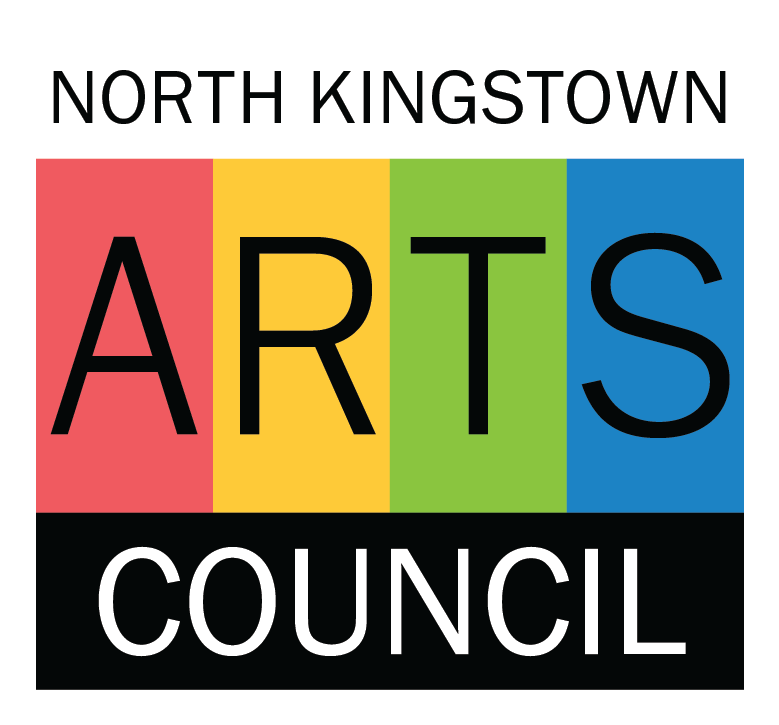For any event, there is nothing more uplifting than a sold-out hall. Filling all of the seats creates a certain excitement for the performer, the audience and for you as the sponsor.
PLAN AHEAD:
- 1. Develop realistic time-line to promote/sell tickets (work backwards from date of event)
- a.) Sell as many tickets in advance as possible knowing that most people buy at the door.
- 2. Divide up the major responsibilities
- a.) Program person (contact with the artist/management).
- b.) Publicity person (getting the word out).
- c.) On site person (oversees the operation of the event).
- 3. Decide on event location
- a.) A good environment contributes greatly to the success of an event.
- b.) Select a location appropriate to the number of projected attendants. A large facility for a small performance does not work well.
- c.) Check with artist about any special requirements before booking a hall.
- 4. Promotional tools
- a.) 8 x 10” photos, biographical material, promotional video for TV spot,CD’s and tapes for radio spots and/or interviews (available from artist).
- b.) Flyers, posters, press-release may come from artist but should be tailored for your special event.
- 5. Ticket Pricing
- a.) Consider your community and what your targeted audience can afford.
- b.) Will you charge the same amount for children/adults?
- c.) Will you have a special (more expensive) price for the first three rows?
- d.) Make tickets affordable for a family of four or five people.
- e.) Will you have a discounted group rate?
About a Week Before the Event:
- 1. Read your contract and technical rider carefully. Make sure all technical requirements are taken care of. Hire qualified, dependable technical help. Supply equipment that works properly. Test all equipment before rental.
- 2. Do you have enough people scheduled to help? Do they know when to show up and what their responsibilities are?
- 3. Think about the event location. Will you need signs leading folks to the rest rooms? Where will people enter and exit? Where will you sell CD’s,Tapes or refreshments? What do you need to make the environment both comfortable and special?
- 4. Think through the details of the event.
PROMOTION:
- 1.Press Releases:
- a.) Use lively prose, mix biographical info., reviews/quotes and basic info., it should read like a news story.
- b.) Send along with a photograph with a short, identifying paragraph on the back.
- c.) Send as many as you like directly to appropriate editor or a personal contact.
- d.) Offer complimentary tickets to all media contacts.
- Posters/Flyers:
- a.) Create posters/flyers that look professional/organized but reflect the nature of the event.
- b.) Put all factual info. on the poster/flyer: Date, Place Time, Ticket Price, Ticket Outlets, Telephone Number for information. Make sure information is correct and you have given credit to The North Kingstown Arts Council.
- c) Allow plenty of time to place posters where they will be most effective.
- Radio and TV:
- a) Public service announcements (Community Calendars) and Talk Shows provide effective channels for promotion and are “free” publicity.
- b) Both radio and TV hosts/producers like to interview “personalities” . . . people who do interesting things.
- c) Radio interviews can be taped over the telephone and aired at a later date to promote your event Check with your artist to make sure he/she consents to being interviewed.
- d) Provide host with artist’s promotional material and recordings well in advance of the interview. Call to confirm all interviews with artist and host.
- Creative Publicity: using existing community resources to reach your audience. This is just a beginning . . . .use it to create your own ideas!
- a.) Give each (PTA member, Church group, YMCA. Board member, etc) a certain number of tickets to sell.
- b.) Give radio stations, schools, community centers, etc. some tickets to give away as promotion.
- c.) Rotate the performer’s recordings among community groups to create interest and excitements.
- d.) Donate a portion of the event’s proceeds to community organization that people will want to support.
- e.) Provide music teachers with recordings to use in their classrooms.
- f.) Enlist the support of toy/book and specialty shops that support family entertainment (ask them to sell tickets for you. play recordings in their shop. As thanks: list them on posters,flyers and programs).
- g.) Find a local big business that is visible in the community who will co-sponsor the event.The more people you involve, the more community you create, the more exciting it will be and certainly more successful. People work hard on events they care about. Help them care about the event.
FUNDRAISING
- 1. Make it easy to contribute to your organization or cause.
- 2. Allow plenty of lead-time in planning a fund raising effort.
- 3. Remember, it costs money to make money (printing, postage, etc.).
- 4. Seek small donations from many businesses in your community rather than rely on large donations (which may be a one time donation) from a select few businesses.
- 5. Program booklets are a good way to raise money by “selling” advertisement space or listing contributors.
- 6. Sell blocks of tickets to groups or organizations.
- 7. Make the event special – give it a social aspect (pizza or ice cream, before or after the event).
- 8. Consider “in-kind” donations (printing, postage, use of school auditorium etc.).
